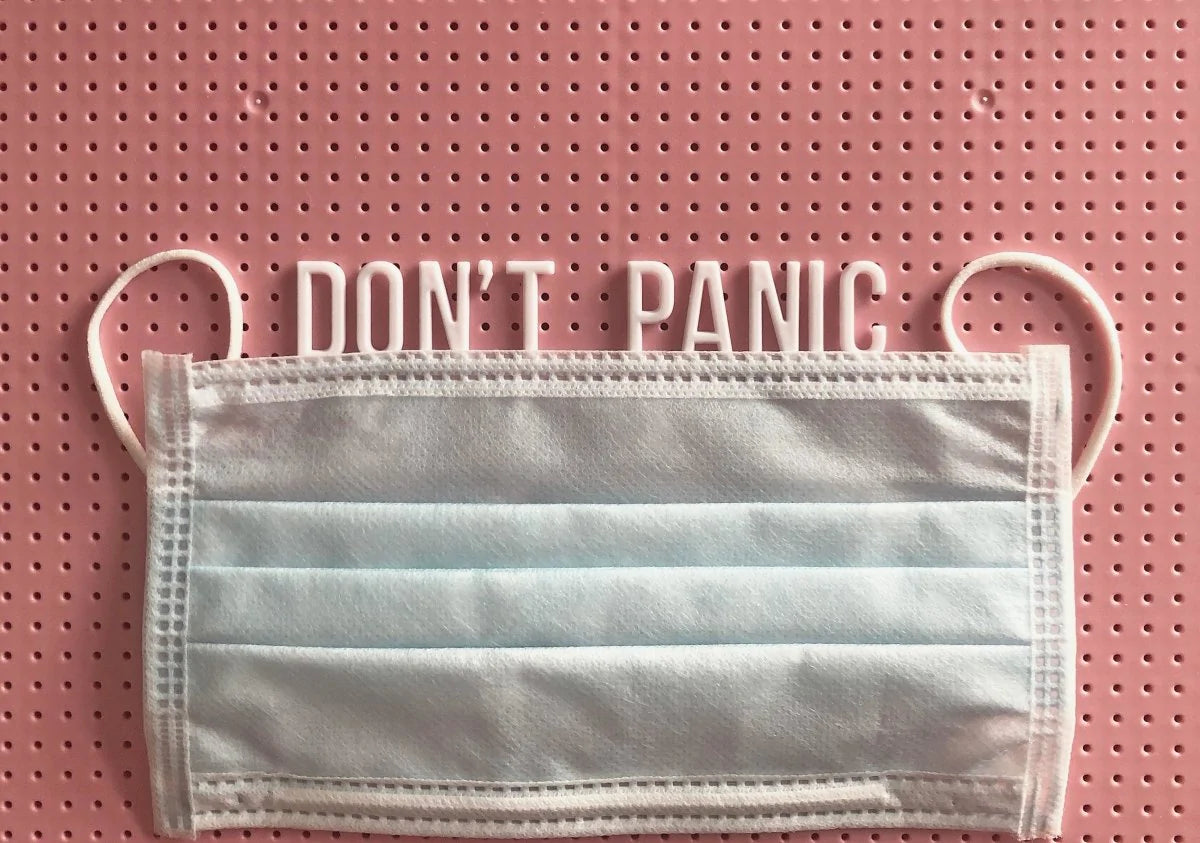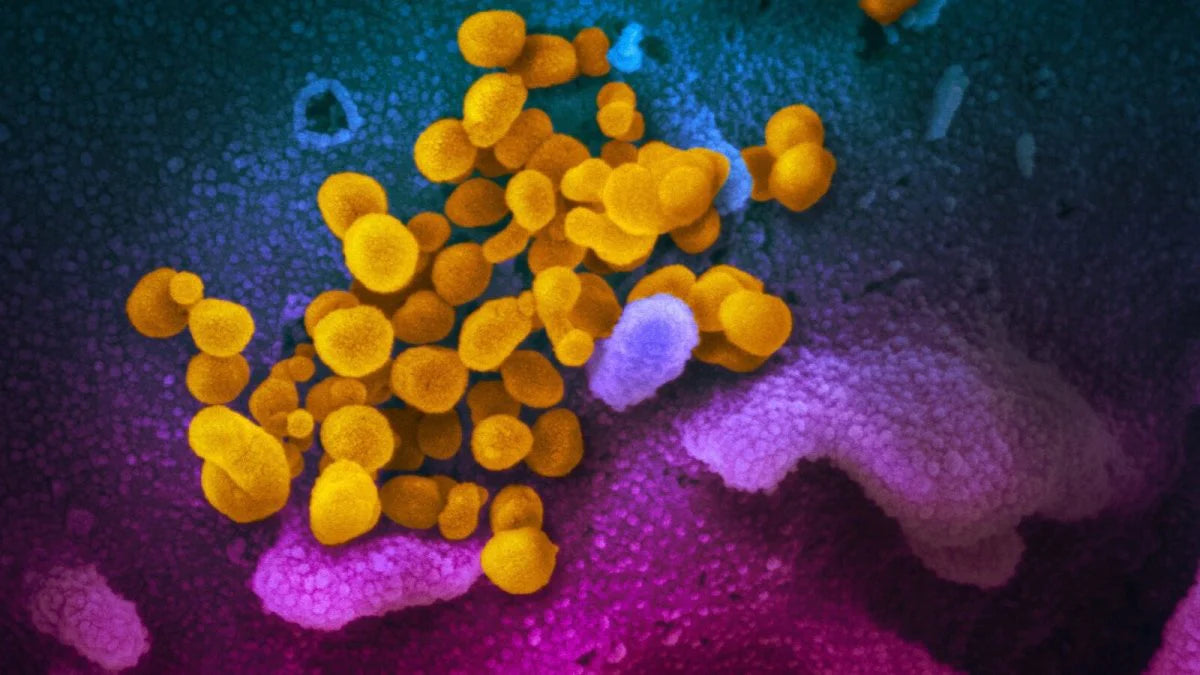With the sudden global spread of the Coronavirus and its growing impact in the United States, as individuals scramble to be informed and prepared, the sheer volume of the information on the news, social media, and online sites can be overwhelming and difficult to verify which is why we decided to put together this simple guide to answer your most pressing questions about the coronavirus facts and myths.
Truth or Myth?
You can cure coronavirus with ____________ .
![]() MYTH!
MYTH!
Regardless of what goes in the blank, as it stands now in March 2020, there are no known cures for the virus. There are however multiple research labs working on very promising breakthroughs in developing as coronavirus vaccine.
Truth or Myth?
Coronavirus is not the deadliest virus in history.
![]() TRUTH!
TRUTH!
Although the mortality rate of the coronavirus (estimated at ~ 3%) is considerably higher than the common flu (0.1%), it is far from the deadliest virus known. Bird Flu, Ebola, MERS, SARS, and Smallpox are far deadlier than the Coronavirus ranging from 10%-60%!! With that said, Coronavirus is one of the faster spreading viral infections making it particularly complicated to control.

Truth or Myth?
You can protect yourself from the Coronavirus by gargling bleach, taking steroids, using essential oils, cocaine, alcohol or other substances.
![]() MYTH!
MYTH!
None of these will help protect you from the coronavirus; in fact, many are harmful and can land you in the hospital further increasing your chances of contracting the virus. For the time being, the only way to protect yourself against the virus is to
- Wash your hands with soap and warm water regularly
- Not touch your face
- Practice social distancing (a minimum of 6 feet distance between individuals)
- Avoid handshakes to prevent being a source of transmission
- Cough and sneeze into your elbow or a disposable tissue
Truth or Myth?
You can get other people infected even if you do not have any symptoms.
![]() TRUTH
TRUTH
What makes the coronavirus particularly dangerous is the fact that many people can be contagious before they experience any symptoms with some never developing any symptoms at all! While an individual might not have any symptoms, the virus will remain active and spread through personal interaction to unsuspecting people. This is why practicing social distancing is the safest bet for preventing the spread of the disease.
Truth or Myth?
You can catch coronavirus from your mail.
![]() MYTH
MYTH
According to the World Health Organization, the virus can not survive beyond 24 hours on cardboard and paper making it nearly impossible to catch the virus through the mail. However, there is some evidence that the virus can survive 2-3 days on plastic and stainless steel surfaces but according to Dr. Alan Koff of Yale School of Medicine, it is unlikely that the virus will survive the mail transport conditions enough to be a threat. With that said, it is always a good idea to wash your hands after handling packages as they might contain other disease-causing germs.
Truth or Myth?
Coronavirus does not kill young people.
![]() MYTH
MYTH
Although the mortality rate associated with coronavirus is considerably higher in people over 60 (~8.8%), there are numerous reports of young and healthy individuals dying from the virus. Furthermore, young individuals with underlying medical conditions also carry a higher risk of mortality than their healthy peers. Being young does not guarantee that one will survive the illness; more importantly, it is more likely that the young individual will infect someone older or with a compromised immune system which is why social distancing is critical for everyone’s health.




